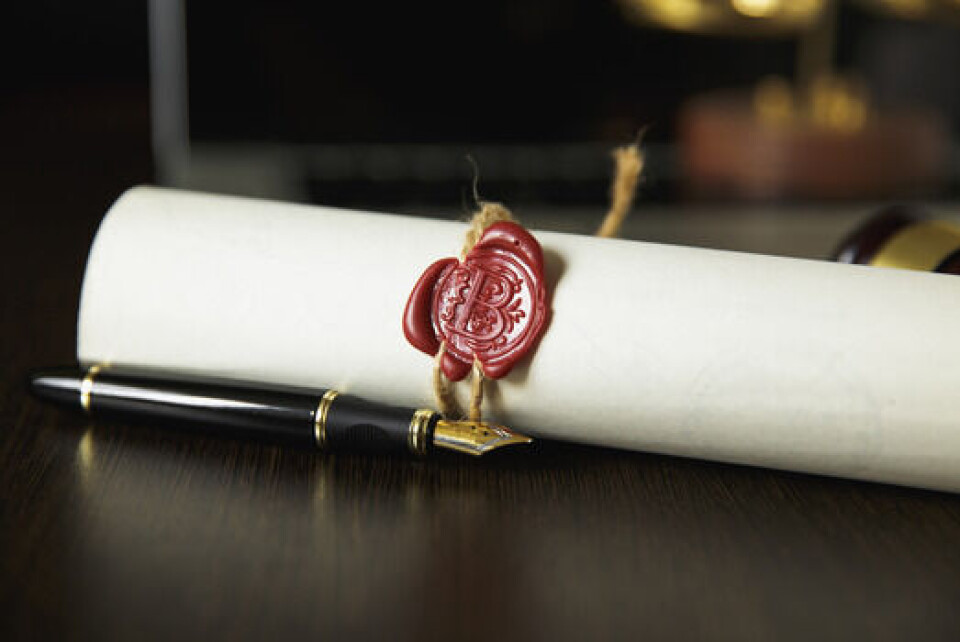The latest debate raged when Kenya’s Environment and Lands Court ordered the auction of an iconic pre-colonial house previously owned by a Kenyan freedom fighter of Indian origin, Jashbhai Motibhai Desai. The house sold for Ksh413 million (US$3,4 million).
“It is unthinkable that people’s will are becoming just like any other piece of writing with no value. My grandfather gave instruction in his will on how he wanted his property to be shared but that has been trashed by the court,” said Sandeep Rajni Desai, one of the late Desai’s beneficiaries.
Jashbhai Motibhai Desai was one of the Indian expatriates who came to Kenya as construction workers for the Kenya-Uganda Railway line. He arrived in the country in 1925, and in 1937 he acquired a 1.7 acre piece of land in the heart of Nairobi. There he constructed Desai House which served as a secret meeting place for Kenya’s freedom fighters in the 1950s and early 1960s.
Before his death in 1991, Desai wrote his last will in which he bequeathed the property to his two children, Dipa Pulling and Niranjan Jashbhai Desai, and his two grandchildren, Sandeep Rajni Desai and Kevit Subash Desai.
JM Desai had instructed that the four beneficiaries in his will would each have a quarter share of the property and that it should not be sold unless there was a unanimous, concurrent decision by his two children and the two grandchildren.
However, in December 2016, Niranjan and Kevit secretly sold their combined half share to Suchan Investments Limited without the consent of the other two beneficiaries. This led to a dispute where Dipa and Sandeep filed a suit in court contesting the sale to Suchan Investments Limited.
The two argued that their late patriarch had instructed in his will that the property should not be sold without their consent, and that the private investor who bought the half share was no blood relation to them.
Niranjan and Kevit argued that Desai’s will was not binding since they had willingly decided to let go of their inheritance. The purchaser, Suchan Investments Limited, told the court that they were innocent buyers who were not bound by the deceased’s will.
Justice Samson Okong’o ruled that although Desai had specified in his will how he wanted his property to be inherited, the beneficiaries had failed to agree, and since Suchan Investments Limited had bought half shares, they too were entitled to a portion irrespective of what the will stated.
The judge then ordered that the property be auctioned at a reserve price of Ksh413 million and the proceeds shared equally among the beneficiaries.
The decision has sparked a debate over the validity of wills as one of the beneficiaries filed an appeal at the Court of Appeal seeking an interpretation on whether a court can overturn a will and order a fresh distribution of the assets contrary to what the original owner intended.
To join Africa Legal's mailing list please click here

